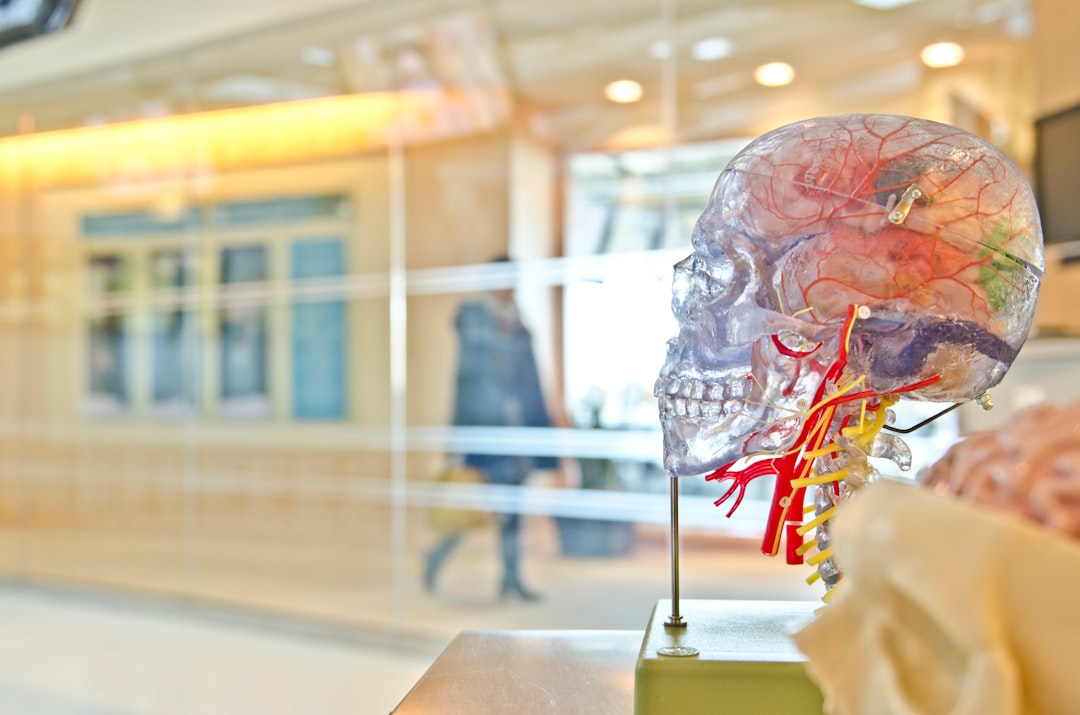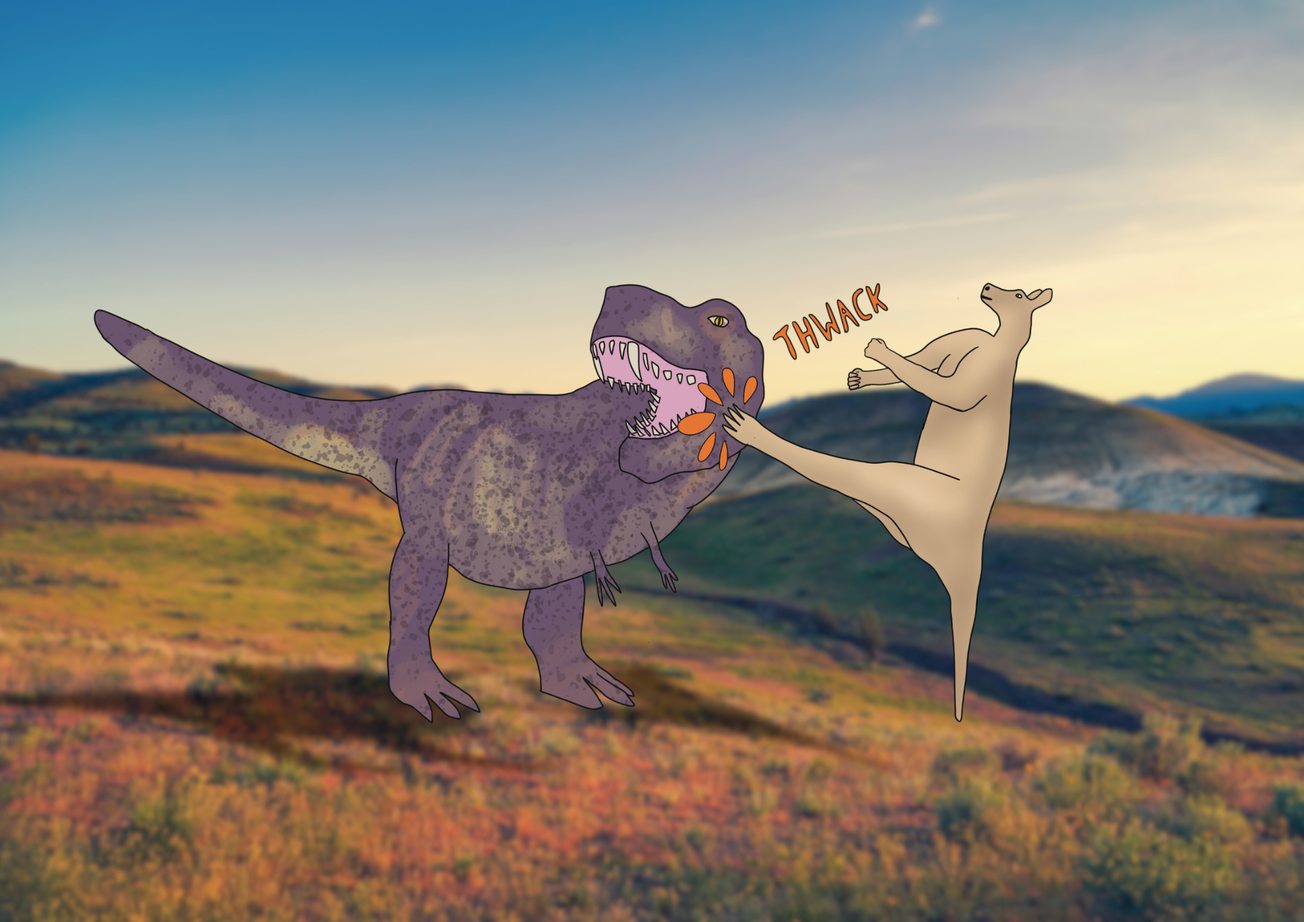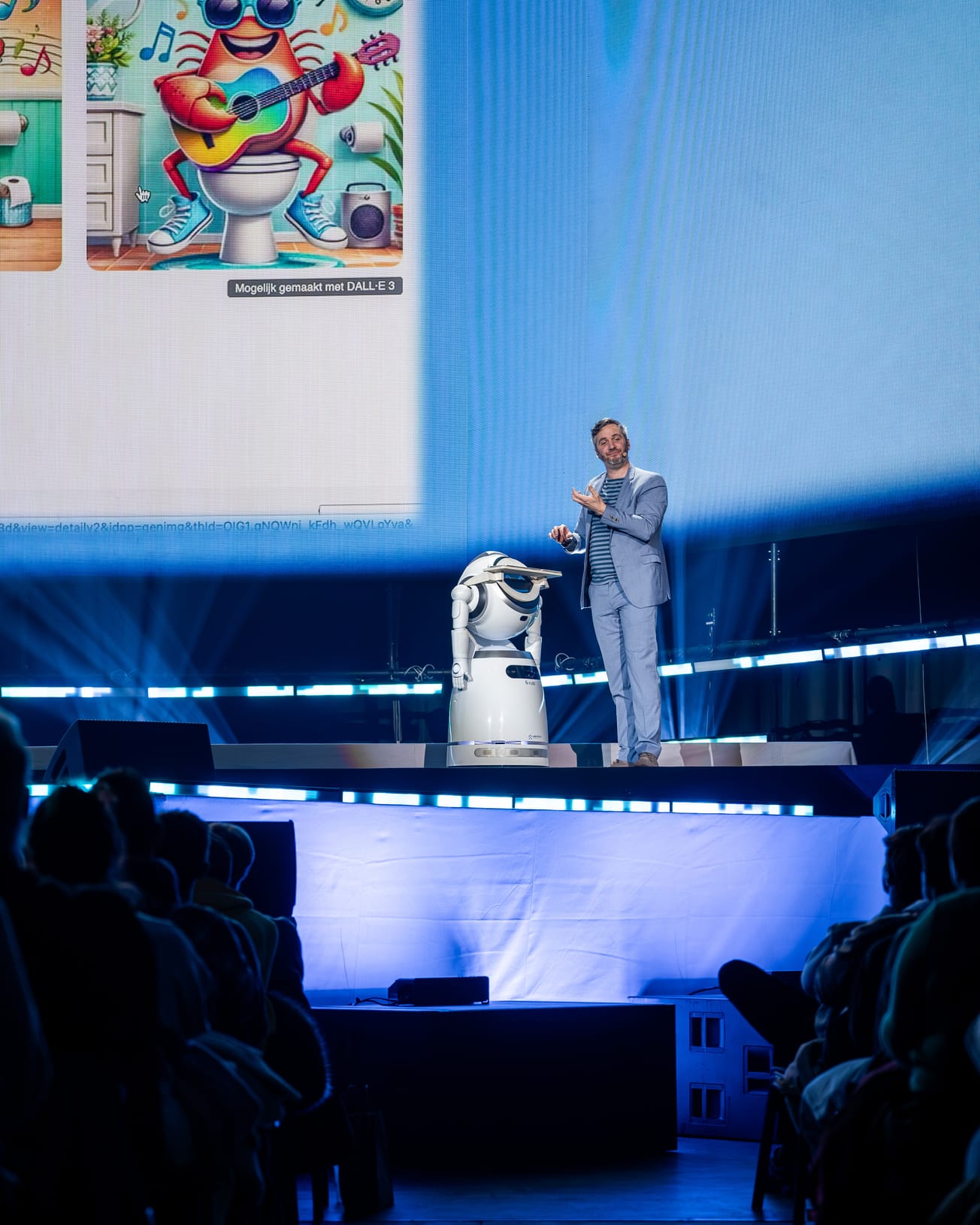From the 22nd-24th of this month Bristol Neuroscience festival will be taking over Wills Memorial Building. Matthew Lee reports on what to expect and how you can get involved in the fesitval celebrating all things neuroscience...
Human human interface. The Secret Life of 4 and 5 Year Olds. A T-Rex brain. Neuroscience links all three, but what happens to your brains when forming relationships at 5 years old, what is allowing you to take control of someone else’s nervous system and move their limbs, what has changed from the earliest brains of the T-Rex to those of dogs and cats?
At the Bristol Neuroscience Festival from March 22nd-24th you’ll not only be able to hear about the research that led to a Channel 4 series about the weird and captivating lives of toddlers, you’ll be able to see and get involved with some of the world leading research Bristol has to offer in the field of neuroscience.
Photo by Hal Gatewood / Unsplash
So...why are kids so weird?
Professor Paul Howard-Jones’ research looking at how we can apply our understanding of cognition and neuroscience to enhance child and adult learning was the backbone of the Channel 4 series ’The Secret Life of 4 and 5 Year Olds’. Big Brother for toddlers, the show explores the making (and breaking) of friendships as a group of children figure out how social interaction works among peers for the first time - basically fresher’s week, but with juice!
They’ll explore a range of issues from Dementia with BRACE to Mental Health with Mind.
Pauls headline lecture on Friday journeying through the evolutionary pre-history of the brain is just one of a series of public talks; hosted by a different charity, they’ll explore a range of issues from Dementia with BRACE to Mental Health with Mind.
An app to combat depression...
Mental health on university campuses up and down the country is a big issue, and here at Bristol it's been a focus for some time. Our researchers are asking important questions in order to understand how we can stay mentally healthy, with one promising line of work focussing on our processing of emotional information.
Photo by jesse orrico / Unsplash
Steph Suddell, a PhD researcher in Experimental Psychology, is investigating how our recognition of emotional expressions may be linked to our mental wellbeing. “Previous work suggests that individuals who consistently interpret neutral faces in a negative light are more likely to suffer from poor mental health, and I’m asking whether we can actively train people to perceive faces more positively”. A potential digital intervention will be demonstrated at the Bristol Neuroscience Festival, and visitors are invited to learn more about how they perceive the world.
Steph welcomes people of all ages and backgrounds to visit the Festival as “It's a great opportunity for us researchers to get feedback on our work and generate new ideas with individuals from diverse backgrounds".
Evolution of the brain...
With over 30 different species of brain the collection held by Professor Emma Robinson, organiser of the festival, is perhaps the largest number of species in a single collection anywhere in the world. They are frankly beautiful, the intricate details you can see in the smallest of brains like the cockroach (it has lobes!!) and the long protruding ganglia of the lamprey is something wonderful to look at.
The work that surrounds research into mental health and diseases like Alzheimers is vital to its success.
The beauty of the brain isn’t contained just within specimens, it’s also in our interpretation of what neuroscience is and how it makes us feel. The Brain Art exhibition is an exploration of how school children see and understand what the brain is. From collages to sculptures the way children interpret the meaning of the brain and then convey that is in its self, fascinating, but the messages that some of these artists are conveying on themes like mental health are powerful too.
More than just labs...
Neuroscience shouldn’t just be enjoyed by people that have done a neuroscience degree, and it shouldn’t be limited to those people either. The work that surrounds research into mental health and diseases like Alzheimers is vital to its success. Technicians that run labs, designers that develop efficient and more comfortable scanners, journalists who communicate the wonder of the brain, charities that help those in need; the routes you can follow if you have a passion for the brain are varied.
Charities, like the Bristol Drugs Project (BDP), do incredible work to not only help those in need, but also to spread messages and build communities. The BDP among other charities will be at the Bristol neuroscience Festival hosting talks, and engaging with the public about the work they do and the opportunities they have.
Students with an interest in the brain, and those without, should come down to Wills Memeorial and talk to the charity stands, play with the hands-on activities, win some chocolate, and take home a “cool” pen. For those that need something to put on their CV or need to make some solid networking connections for postgrad study and jobs should think about volunteering to help too- email me!
Featured Image: Unsplash / Hal Gatewood











